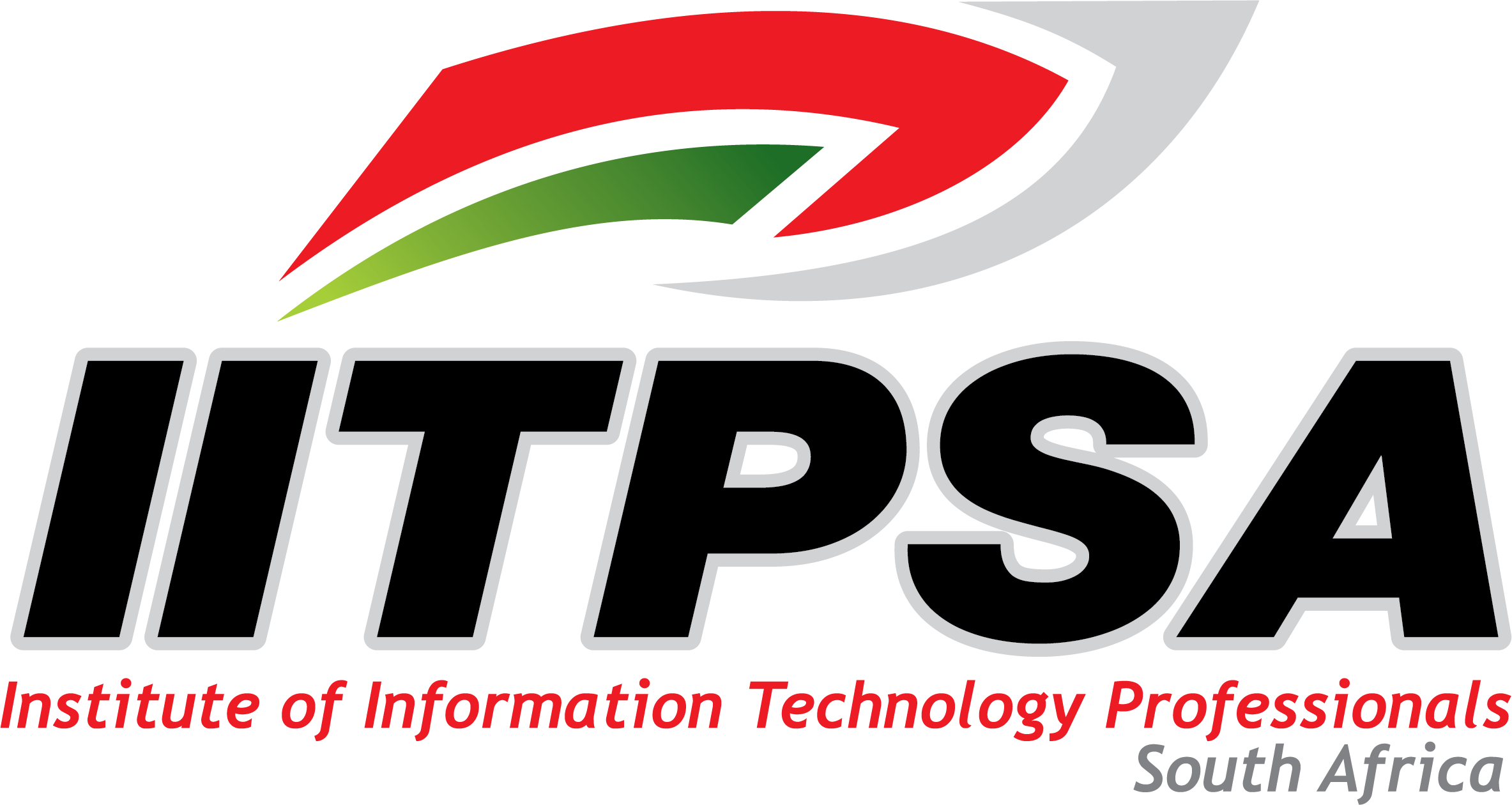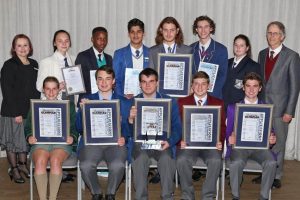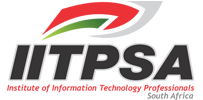Winter Winners with Big Data
The Computer Applications Olympiad tests technical ability with documents, spreadsheets and databases, as taught in the school subject CAT (Computer Applications Technology). The final four-hour round of the Olympiad required finalists to be creative with data by anticipating problems, spotting trends and imagining possible solutions. A massive data set was used – hundreds of thousands of anonymised records from a decade of the Cape Town Cycle Tour. The high school finalists not only analysed the data, they also responded to a trend it revealed about youth entries. They had to illustrate the trend in an informative graphic that would visually promote the benefits of participation in this cycling event to teenagers. The problems were set to show that managing Big Data is a key skill that will offer employment opportunities. The national finals were held at Bergvliet High in Cape Town during the winter school holidays. Twelve learners out of 5 226 participants from the qualifying rounds took part. Medals were awarded to the top six.
Medals for three provinces
Sean Groenewald of Hoërskool Randburg claimed gold in the 2018 Computer Applications Olympiad. He is in grade 12 and loves computer challenges – he was also a finalist in the Programming Olympiad in 2017. He plans to study Mathematics and Computer Science at the University of Cape Town and says he wants to work for Google. As the gold medalist he is eligible for a first year scholarship to study at the University of Cape Town in 2019.
Two silver medals were awarded. One to Shan O’Neil, also of Hoërskool Randburg. He plans to study Computer Science at UNSW in Sydney. The other silver medal went to Daniel Olivier from Paul Roos Gymnasium in Stellenbosch who plans to study Computer Science at the University of Stellenbosch.
Both of Gauteng’s two bronze medal winners, Christopher Dovale, headboy at Boksburg High, and Heather Wimberley of Brescia House (Bryanston), are interested to study mechanical engineering and robotics. Heather, presently in grade 11, has her sights set on studying at MIT. The third bronze medal winner, Dylan Nel of The Hill College in Mill Park, Port Elizabeth, plans to study digital arts, programming and game design.
Will AI cost teaching jobs?
The main speakers at the Awards Dinner in Cape Town were the Western Cape MEC for Education, Debbie Schäfer, and entrepreneur Bryan Banfield, founder and CEO of Artibeus IT. Banfield said that the skills that had brought learners to the national finals would give them wide choices in a rapidly developing digital economy. He challenged them to look at opportunities in the world around them ‘with fresh eyes’ and to bring their own solutions to industry. He asserted that some jobs would be lost through the impact of technology. He suggested that when Artificial Intelligence (AI) is applied in classrooms, teaching jobs could be affected. Minister Schäfer vigorously countered Banfield’s assertion that teachers would be made redundant by technology. Teaching roles would change with technology, she said, and training would be given, but the teachers’ duty of care and role in guiding learning would always remain.
CAT for Further Study
Minister Schäfer congratulated the 12 finalists on their exceptional performance as the top participants from over 5 000 nationally. In relation to the subject CAT, she was “pleased to see that in March this year, the Department of Higher Education and Training (DHET) issued a notice in the Government Gazette revoking the designated subjects list for the Senior Certificate and National Senior Certificate which will open the way for many more learners to develop literacies such as programming and coding for future study and work”. She added that “Computer Applications Technology (CAT) plays an important role in providing a foundation for further study in critical subjects such as programming and coding”.


